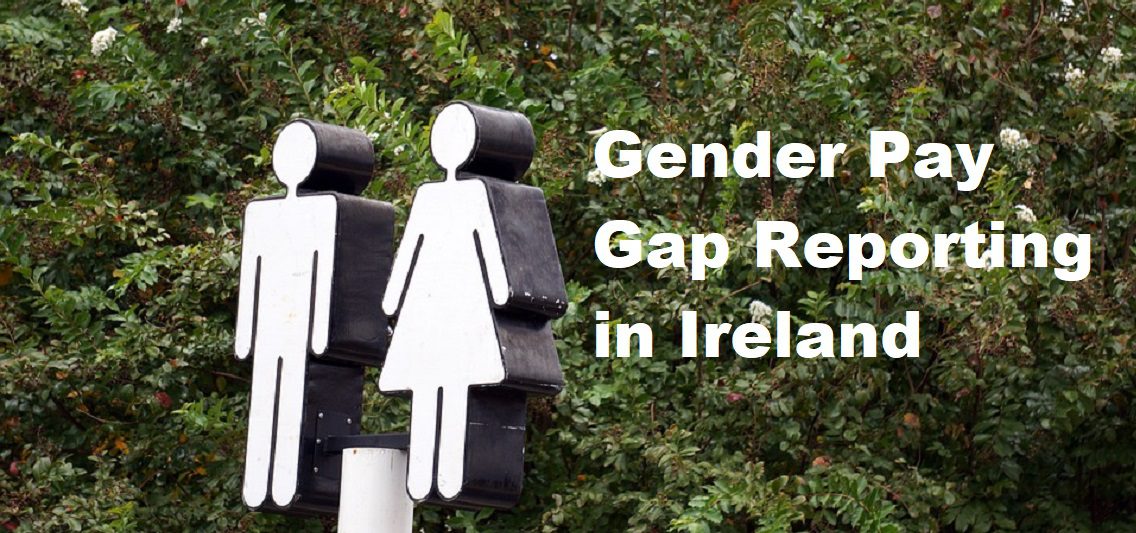by Ailbhe Dennehy, Associate in A&L Goodbody’s specialist Employment Practice Group
Last week the UK Government reported 100% compliance with the reporting obligation under their gender pay gap (GPG) regulations. All 10,000 UK employers who were required to publish their GPG data have now done so.
Also last week, the UK Business, Energy and Industrial Strategy Committee published a separate report which explored the adequacy and effectiveness of the UK’s GPG regulations. The report makes several significant recommendations. These include the introduction of fines for non-compliance and reducing the threshold of employers affected from those with 250 employees or more to those with 50 employees or more. Both of these measures were considered by Irish legislators in earlier drafts of Irish GPG legislation.
The draft Irish GPG legislation was approved by the Cabinet in June 2018 and it remains to be seen whether the report recommendations and UK experience will have an impact on its final form.
Irish employers will also be interested in a second UK publication this week – the UK Government Equalities Office published guidance for employers to assist in the reduction of their GPG.
In advance of mandatory GPG reporting for Irish employers, we set out below a summary of some of the lessons learned from the UK’s first year of reporting.
GPG Regulations in the UK
As detailed in our previous article, the UK’s Equality Act 2010 (Gender Pay Gap Information) Regulations 2017 require employers with over 250 employees to publish details of their GPG (and gender bonus gap) information annually. This data includes calculations of the mean and median average hourly pay across four specific pay bands. The data must be published on the employer’s own website for 3 years and uploaded to the UK government website.
What does the data reveal
All UK companies with over 250+ employees supplied data. Of them:
1. Three out of four pay their male staff more on average than their female staff;
2. More than half give higher bonuses to men; and
3. Over 80% have more women in their lowest paid positions.
The guidance
The UK Government Equalities Office published guidance for employers to help with closing the GPG. Their What Works Guidelines recommend that employers:
1. Include multiple women in shortlists for recruitment and promotions.
2. Use skill-based assessment tasks in recruitment i.e. ask candidates to perform tasks they would be expected to perform in the role to assess their suitability.
3. Use structured interviews for recruitment and promotion to minimise unfair bias.
4. Clearly communicate the salary range on offer to encourage women to negotiate their salary.
5. Introduce transparency to promotion, pay and reward processes. Employees must be clear on what is involved and managers must understand that their decisions need to be objective and evidence-based.
6. Appoint diversity managers and/or a diversity task force to reduce biased decisions in recruitment and promotion.
The report
While transparency, in the form of mandatory GPG reporting, has been a significant first step in highlighting the existence of GPGs within relevant organisations, attention is now turning to the necessary second step of addressing and fixing these gaps.
The UK’s Business, Energy and Industrial Strategy Committee in their GPG report concluded that the UK’s reporting regime “is a step forward, but its full potential has not yet been realised”.
The committee want to widen the net of employers that are required to report their GPG to those with 50 employees or more. They also recommend that employers should be required to publish action plans detailing the steps that they are taking to close the gap.
Significantly, the committee concludes that “public naming and shaming on an annual basis” is not enough to remedy the situation in the long term. It recommends that the UK Government provide “specified fines for non-compliance“. The recommendation that the enforcement mechanism behind the UK GPG regulations will be given teeth in the form of financial sanctions will no doubt incentivise on-time compliance with reporting obligations in advance of next year’s reporting deadline for UK employers.
Conclusion
Legislators in Ireland will be watching these developments closely when considering the adequacy and effectiveness of Ireland’s draft mandatory GPG reporting legislation. Lessons learned from the UK will be the subject of debate for many Irish employers as they prepare for the introduction of the Irish legislation. We will continue to keep you updated on GPG reporting developments within the Irish jurisdiction.
About the author
Ailbhe is an Associate in A&L Goodbody’s specialist Employment Practice Group in Dublin, Ireland. She advises both private and public sector, domestic and international clients in relation to a variety of contentious and non-contentious employment law issues.
On the non-contentious side, Ailbhe regularly advises employers on the drafting of contractual documentation and policies, as well as guiding employers through complex employee management issues. Ailbhe frequently provides strategic and practical advice to clients in respect of individual and collective redundancy procedures and employment aspects in the context of corporate restructurings, outsourcings, mergers and acquisitions.
On the contentious side, Ailbhe has acted for a range of clients in respect of unfair dismissals, discrimination, personal injuries, and employment-related injunctions and has represented employers before all fora. Ailbhe has also participated in a number of alternative dispute resolution scenarios. Ailbhe has advised and supported clients in crisis situations involving strikes and other industrial action.











































